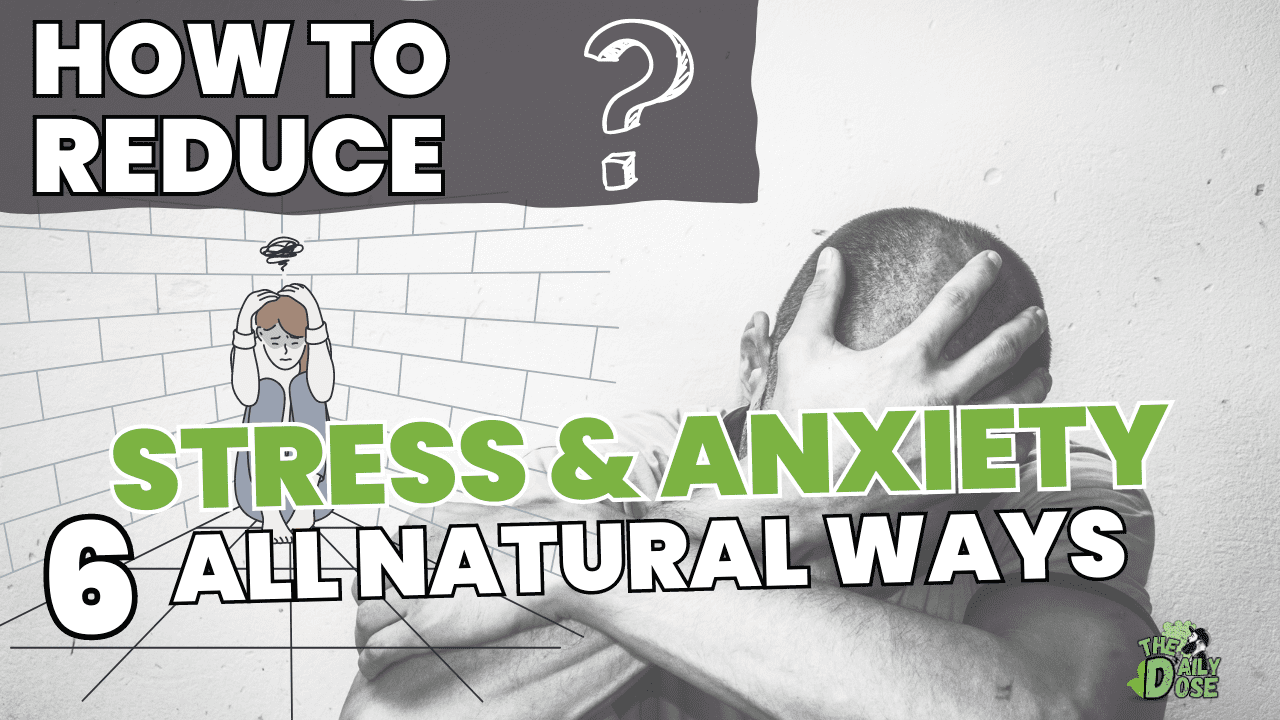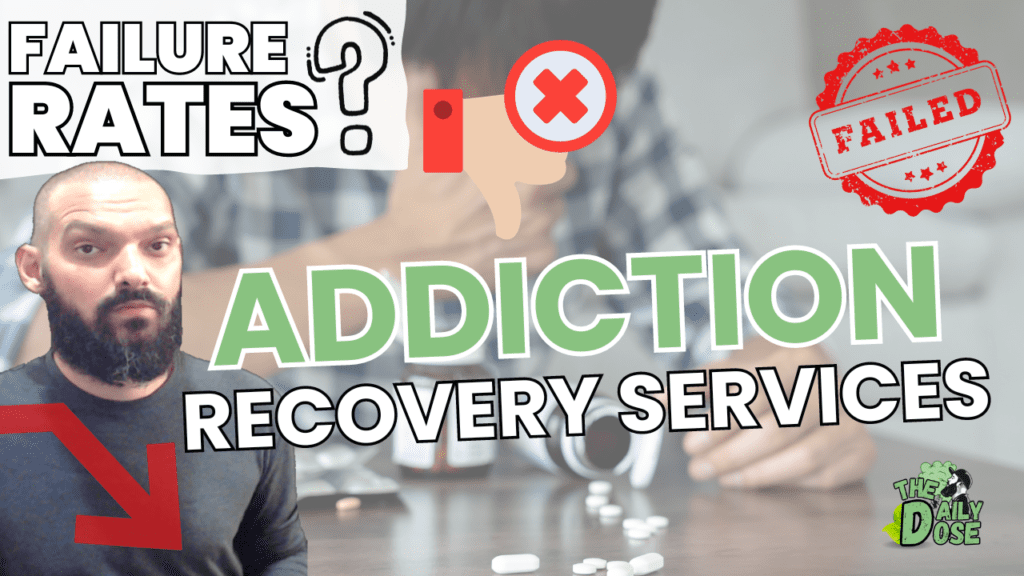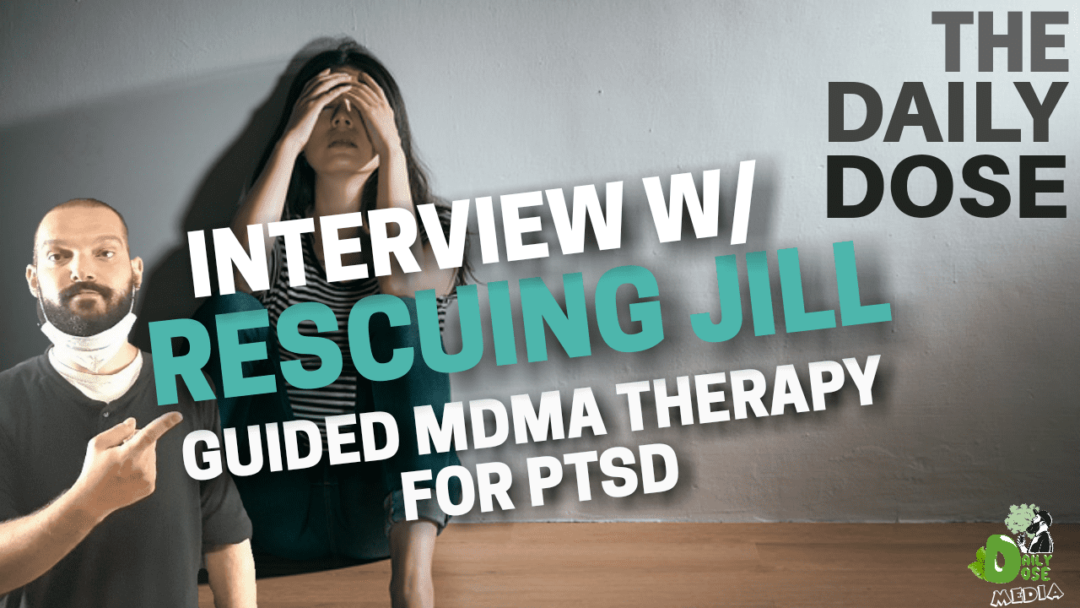Reduce Anxiety And Stress
Introduction:
In today’s fast-paced world, stress and anxiety have become common challenges that many people face on a daily basis. These emotions can have a significant impact on our overall well-being, affecting both our physical and mental health.
Fortunately, there are several effective strategies that can help individuals manage and reduce stress and anxiety. In this article, we will explore six practical and actionable ways to alleviate these burdensome feelings and promote a sense of calm and relaxation. Here is a list to Reduce Anxiety And Stress

1. Understanding Stress and Anxiety
Stress is the body’s natural response to challenging or demanding situations, while anxiety refers to excessive worry or fear about future events. While some stress can be beneficial, chronic or overwhelming stress can lead to adverse health effects. It is crucial to recognize the signs of stress and anxiety and take proactive steps to manage them effectively.
2. Prioritize Self-Care and Wellness
Here is a list of things to try first:
| Exercise Or Walk | Try Hobbies | Read Books | Enjoy Time In Nature | Listen To Music |
|---|
Self-care plays a pivotal role in reducing stress and anxiety. Take time out of your day to engage in activities that bring you joy and relaxation. This can include hobbies, spending time in nature, reading a book, or listening to calming music. Prioritizing self-care allows you to recharge and rejuvenate, providing a much-needed break from the pressures of daily life.
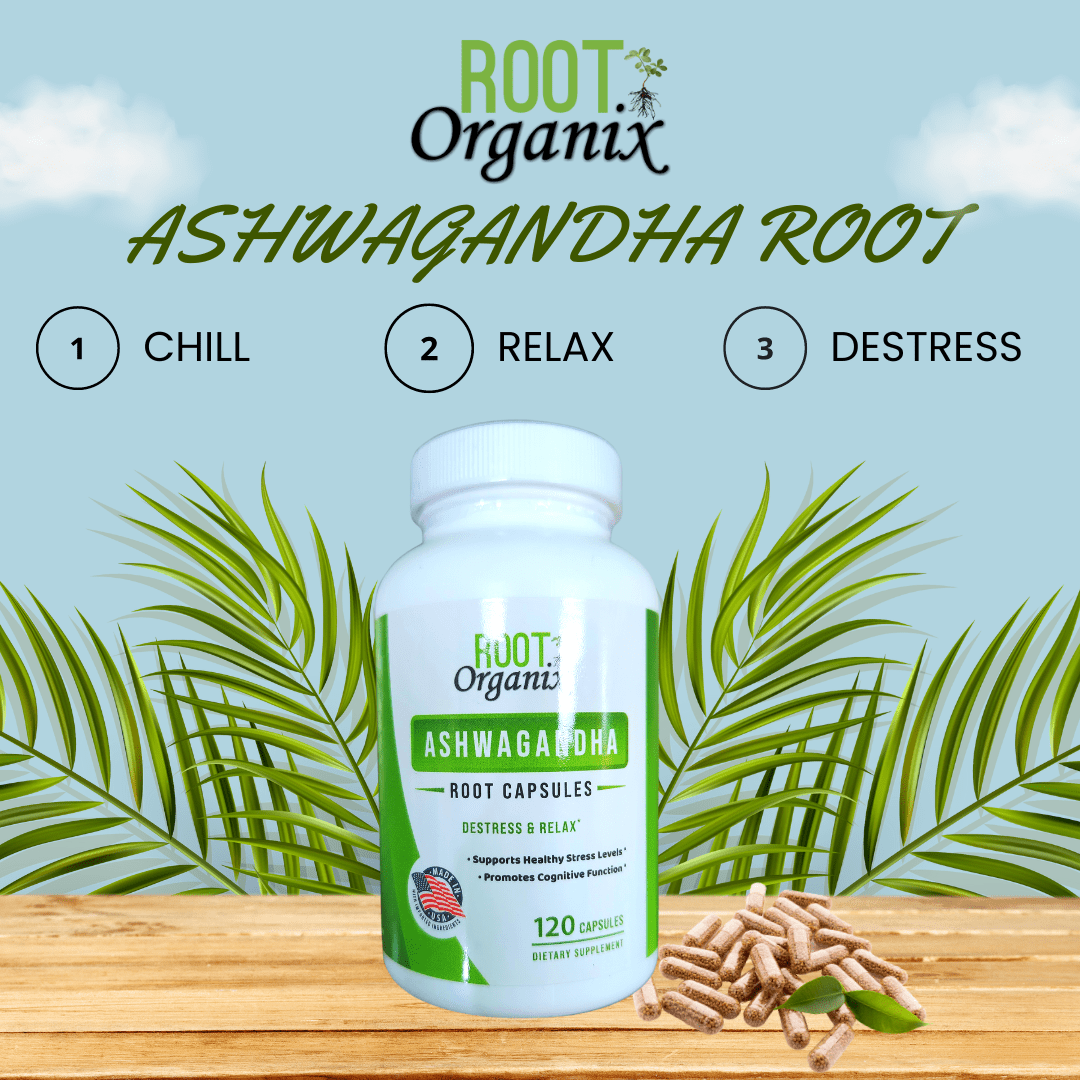
3. Practice Mindfulness and Meditation
Mindfulness and meditation are powerful tools for reducing stress and anxiety. These practices involve focusing your attention on the present moment, observing your thoughts and emotions without judgment.
By incorporating mindfulness and meditation into your daily routine, you can cultivate a greater sense of calmness and clarity, reducing the impact of stressors on your well-being.
4. Engage in Regular Physical Exercise
Physical exercise has numerous benefits for both the body and mind, including stress reduction. Engaging in regular physical activity helps release endorphins, which are natural mood enhancers.
Whether it’s going for a jog, practicing yoga, or participating in team sports, finding an exercise routine that you enjoy can significantly contribute to stress and anxiety reduction.
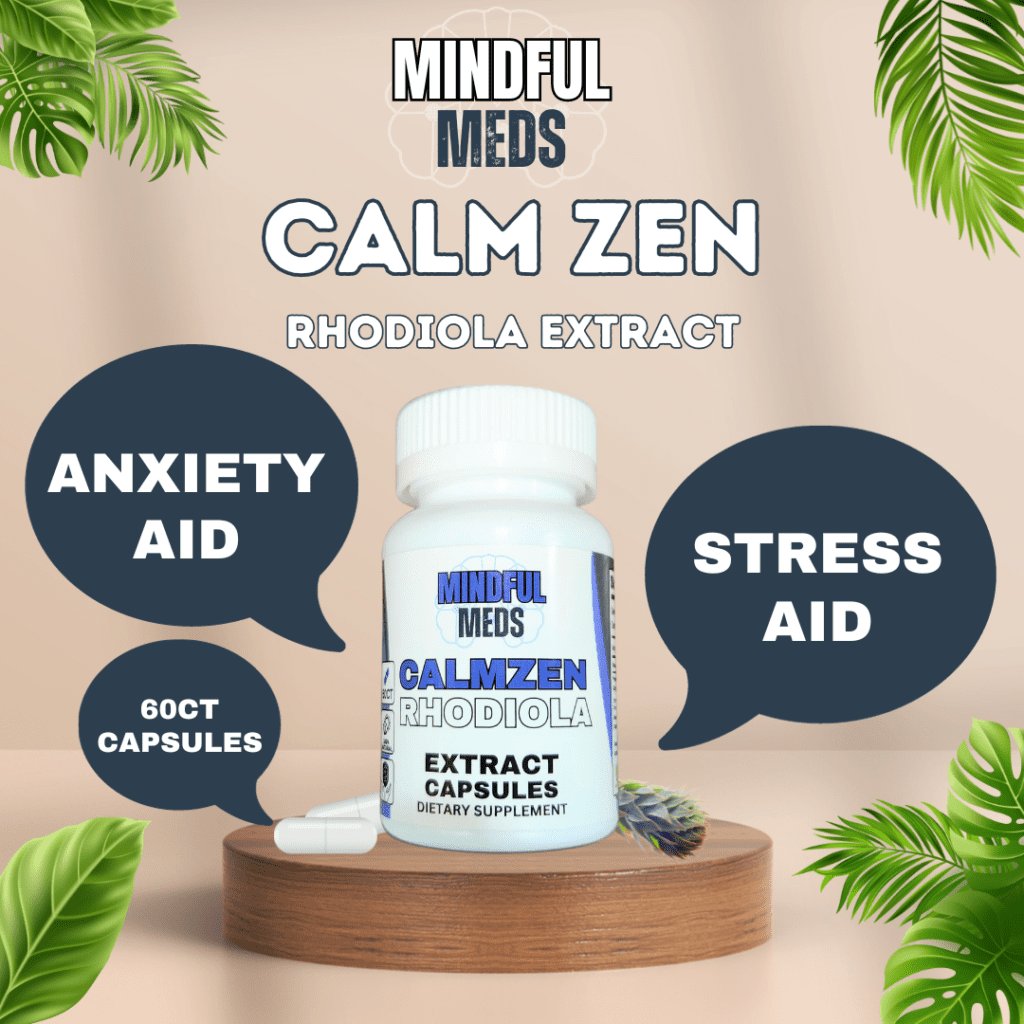
5. Cultivate a Supportive Social Network
Social support is essential for managing stress and anxiety. Surround yourself with individuals who uplift and encourage you. Share your thoughts and feelings with trusted friends or family members who can provide a listening ear and offer valuable advice. Engaging in meaningful social connections helps foster a sense of belonging and reduces feelings of isolation.
6. Utilize Relaxation Techniques
Relaxation techniques such as deep breathing, progressive muscle relaxation, and aromatherapy can be effective in managing stress and anxiety. These techniques help activate the body’s relaxation response, counteracting the physiological effects of stress. Incorporating relaxation practices into your daily routine can promote a sense of tranquility and well-being.
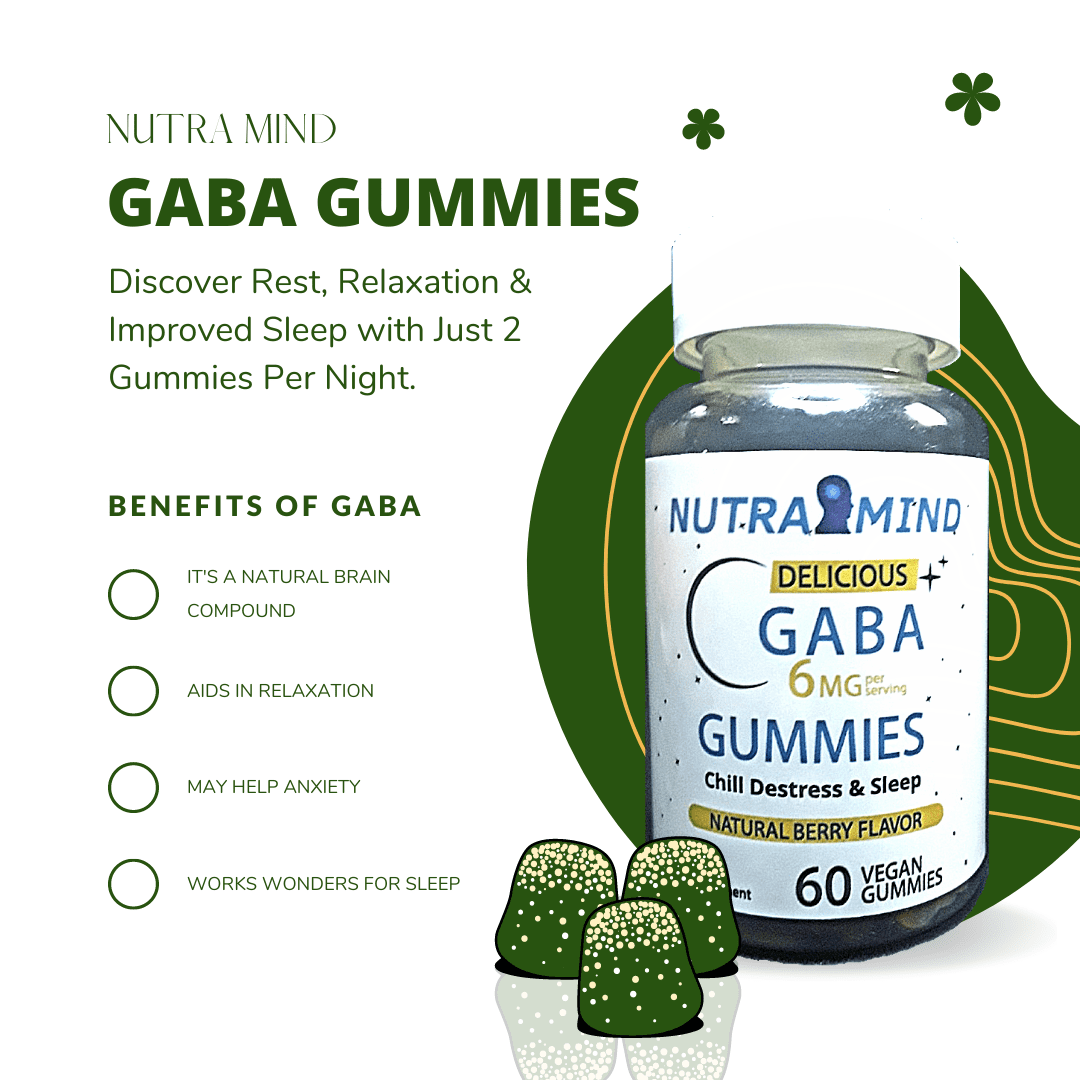
Finally Try Herbal Supplements
There many herbal supplements that are naturally adaptogenic and provide a certain level of comfort when needed. Some work fast and some work over a period of time while using it daily. Regardless these adaptogens are worth taking a look at.
Here is a list of some well known adaptogens with substantial clinical research behind them:
| Ashwagandha Root: Ashwagandha contains chemicals that might help calm the brain, reduce swelling, lower blood pressure, and alter the immune system. Some studies suggest that ashwagandha could have a range of health benefits, including reducing stress and anxiety and improving arthritis. |
| Rhodiola Rosea: Rhodiola rosea has been used for centuries to treat anxiety, fatigue and depression |
| Kava: Kava is a depressant drug that comes from the Piper methysticum plant. |
| Blue Lotus: Blue lotus extract (Nymphea caerulea) is a plant that can be used as a sleep aid and anxiety reliever |
| L-Theanine: L-theanine may have regulatory effects on anxiety and the immune system. |
| GABA: GABA is known for producing a calming effect and is often used to regulate anxiety or improve sleep quality. |
Conclusion
Reduce Anxiety And Stress, it is crucial for maintaining optimal physical and mental health. By prioritizing self-care, practicing mindfulness, engaging in regular physical exercise, cultivating a supportive social network, and utilizing relaxation techniques, individuals can effectively manage these burdensome emotions.
Remember, it’s essential to find the strategies that work best for you and incorporate them into your daily life. This has been the Six Ways To Reduce Anxiety And Stress
FAQs
How long does it take to see the effects of stress reduction techniques?
Can stress and anxiety be completely eliminated?
Are there any natural remedies for reducing stress and anxiety?
Can stress and anxiety affect physical health?
Is professional help necessary for managing stress and anxiety?
Sources:
- NIH: https://newsinhealth.nih.gov/2014/12/feeling-stressed
- NIH: https://www.ncbi.nlm.nih.gov/pmc/articles/PMC9737923/
Related Articles:
- Kratom And Wrongful Death Lawsuits
- What Are Adaptogens And The Benefits
- Natural Anxiety Relief with L-Theanine
- Stop Anxiety For Good And Kick Those Meds
- Anxiety And Depression Relief Supplements
Meet The Author


